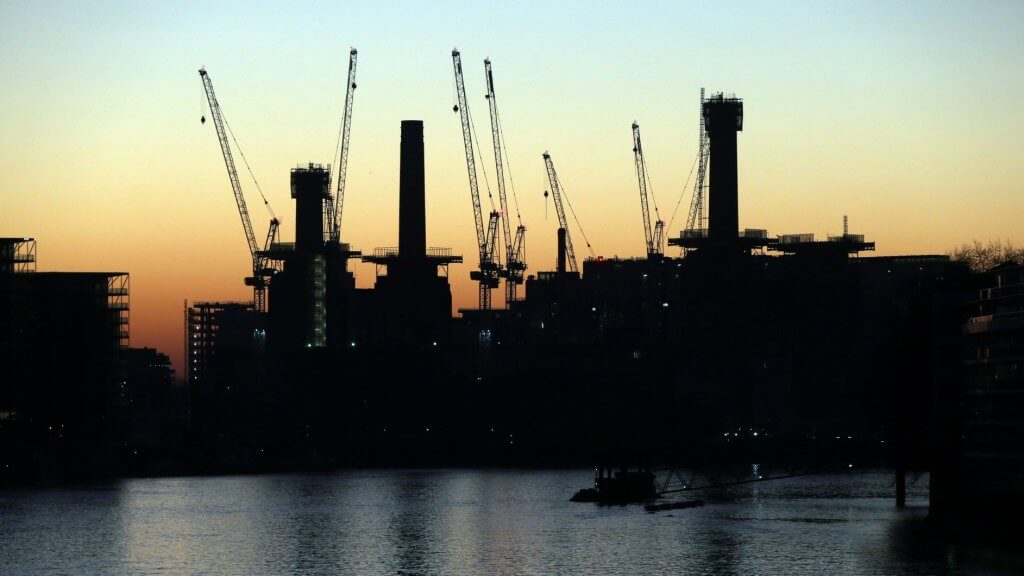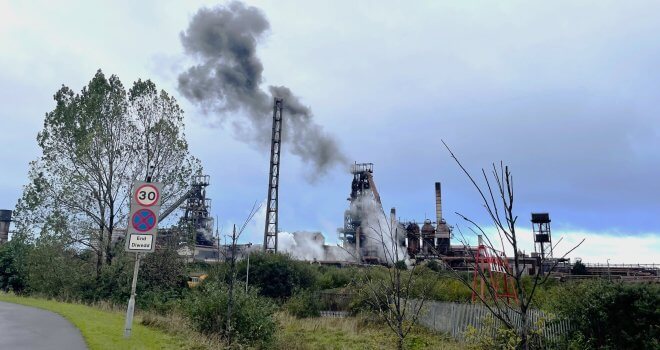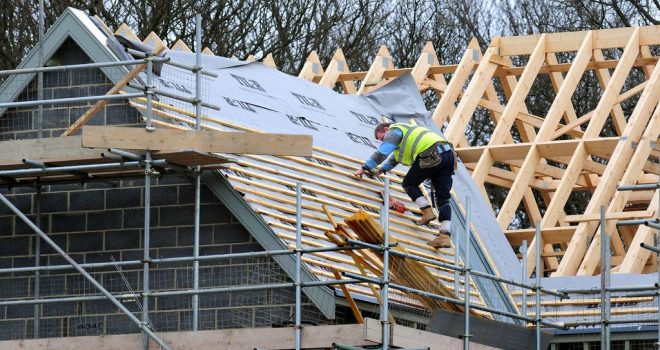Construction Sector Ends 2020 On A High Thanks To Housebuilding Boost

Construction firms began hiring for the first time in nearly two years in December as a surge in housebuilding helped the sector expand for the seventh month in a row, new figures show.
The closely-followed IHS Markit/CIPS construction purchasing managers’ index (PMI) showed a reading of 54.6 in December, little changed from 54.7 in November. A reading above 50 signals growth.
The report flagged a return to jobs growth across the sector for the first time in 21 months, albeit marginal, as housebuilding ramped up and halted projects were restarted, with work allowed to continue throughout the pandemic.
But it also revealed that port disruptions due to Brexit affected the supply of building materials, which drove the fastest increase in their purchasing prices since April 2019.
The survey comes after PMI reports earlier this week showed a contraction in the services sector for the second straight month, while manufacturing was boosted by pre-Brexit stockpiling.
The Chartered Institute of Procurement & Supply (CIPS) cheered a positive end to 2020 for the sector, but warned that supply woes could hamper some building projects.
CIPS group director Duncan Brock said: “Long-term prospects came to fruition and halted projects started again as clients became more optimistic after the Covid hiatus.
“To meet this demand head-on, builders opted for job creation for the first time in 21 months to increase previously pared-back capacity.”
He added: “As the appetite for building resources grows in the first quarter of the year however, suppliers will find it difficult to ramp up production quickly to pre-pandemic levels, so we could see even longer delivery times potentially delaying some building projects as post-Brexit disruption also remains an ever-present threat.”
Housebuilding saw another sharp rise during December, with the index at 61.9, while commercial activity also expanded, but the rate of growth eased to 521.1 – its lowest since the recovery began last June.
Civil engineering was the weakest-performing category, with a reading of 48 signalling activity falling for the fourth time in the past five months.
Overall construction sector optimism lifted to its highest level since April 2017, with half of firms surveyed expecting business activity to rise in 2021, and only 10% forecasting a drop.
Samuel Tombs, chief UK economist at Pantheon Macroeconomics, said: “The construction sector has continued to fare better than the rest of the economy.”
But he warned that the end of the stamp duty holiday may weaken demand for new homes, while the shift towards home-working could affect office and city centre commercial construction.
“Accordingly, we do not expect construction output to recover to its pre-Covid peak until early 2022,” he said.




